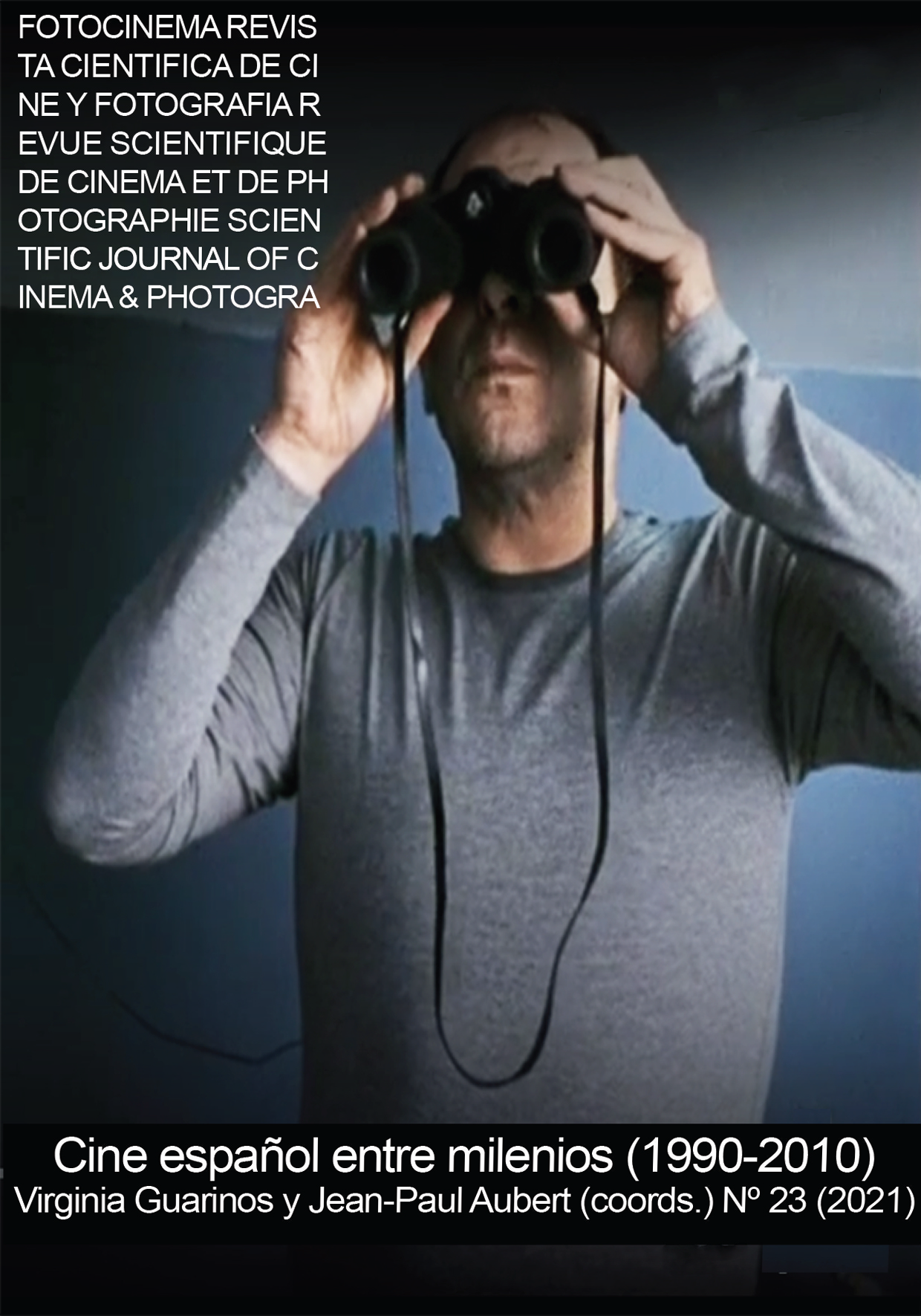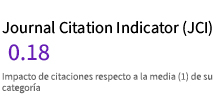The tragic view of life: a key intersection between the philosophy of Friedrich Nietzsche and the filmography of Woody Allen
The tragic view of life: a key intersection between the philosophy of Friedrich Nietzsche and the filmography of Woody Allen
DOI:
https://doi.org/10.24310/Fotocinema.2021.v23i.12393Keywords:
Chance; becoming; luck; death; tragedy; postmodernismAbstract
Woody Allen's filmography has been widely analyzed from the perspective of the field of philosophy. These investigations make a holistic analysis in which they relate broad issues such as mass culture, politics, psychoanalysis, death, or sexuality to the cinema of the New York director. In many of these studies, the figure of Nietzsche appears, as is logical, since he is one of the thinkers with the greatest impact on Western culture throughout the 20th century. However, the holistic nature of these investigations prevents a more exhaustive analysis of the possible relationships between philosopher and filmmaker. This article aims to fill this gap by focusing on one of the key points in Nietzsche's thought and Allen's filmography: the tragic vision of life, forged from chance-luck and becoming-death, two key concepts both for the filmmaker and the philosopher.
Downloads
Metrics
Publication Facts
Reviewer profiles N/A
Author statements
Indexed in
-
—
- Academic society
- N/A
- Publisher
- Universidad de Málaga
References
Allen W. (2020). A propósito de nada. Trad. E. Hojman. Madrid: Alianza Editorial.
Ávila C. R. (2000). Aquella excéntrica fisonomía de sileno. Agonismo y piedad en la reflexión de Nietzsche en torno a Grecia. Logos. Anales del Seminario de Metafísica, 2, pp. 91-117. Servicio de Publicaciones, Universidad Complutense: Madrid.
García Gual. C. (1995). Introducción a la mitología griega. Madrid: Alianza.
Girgus, S. (2005). El cine de Woody Allen. Trad. F. López. Madrid: Akal.
Hirsch, F. (2001). Love, Sex, Death, and the Meanning of Live: The Films of Woody Allen. New York: Da Capo Press.
Lax, E. (2008). Conversaciones con Woody Allen. Trad. A. Leiva. Barcelona: Lumen.
Lee, S. (2013). Woody Allen´s Angst: Philosophical Commentaries on His Serious Films. North Carolina: McFarland.
Lyotard, J. F. (1987). La condición postmoderna. Trad. M. Antolín. Madrid: Cátedra.
Nietzsche, F. (2009a). Así habló Zaratustra. Un libro para todos y para nadie. (Vol. 2). Trad. J. R. Hernández. Madrid: Gredos.
Nietzsche, F. (2009b). El crepúsculo de los ídolos o Cómo se filosofa con el martillo. (Vol. 2). Trad. J. Mardomingo. Madrid: Gredos.
Nietzsche, F. (2009c). El nacimiento de la tragedia. (Vol. 1). Trad. G. Cano. Madrid: Gredos.
Nietzsche, F. (2009d). La ciencia jovial. (Vol. 1). Trad. G. Cano. Madrid: Gredos.
Nietzsche, F. (2009e). La genealogía de la moral. Un escrito polémico. (Vol. 2). Trad. J. Mardomingo. Madrid: Gredos.
Nietzsche, F. (2009f). Más allá del bien y del mal. Preludio para una filosofía del futuro. (Vol. 2). Trad. C. Vergara. Madrid: Gredos.
Nietzsche, F. (2009g). Sobre la utilidad y el perjuicio de la historia para la vida. (Vol. 1). Trad. G. Cano. Madrid: Gredos.
Nietzsche, F. (1995). Aurora. Trad. M. de Juan. Barcelona: Alba Editorial.
Nietzsche, F. (2015). Ecce Homo. Trad. A. Sánchez Pascual. Madrid: Alianza Editorial.
Nietzsche, F. (1998). La filosofía en la época trágica de los griegos. Trad. L. F. Moreno. Madrid: Valdemar.
Downloads
Published
How to Cite
Issue
Section
License
All contents published in Fotocinema Revista científica de cine y fotografía are protected under the Creative Commons Attribution-NonCommercial-ShareAlike 4.0 International (CC BY-NC-SA 4.0) license. All about this license is available in the following link: <http://creativecommons.org/licenses/by-nc-sa/4.0>
Users can copy, use, redistribute, share and exhibit publicly as long as:
- The original source and authorship of the material are cited (Journal, Publisher and URL of the work).
- It is not used for comercial purposes.
- The existence of the license and its especifications are mentioned.
There are two sets of authors’ rights: moral and property rights. Moral rights are perpetual prerogatives, unrenounceable, not-transferable, unalienable, imprescriptible and inembargable. According to authors’ rights legislation, Fotocinema. Revista científica de cine y fotografía recognizes and respects authors moral rights, as well as the ownership of property rights, which will be transferred to University of Malaga in open access. The property rights are referred to the benefits that are gained by the use or the dissemination of works. Fotocinema. Revista científica de cine y fotografía is published in an open access form and it is exclusively licenced by any means for doing or authorising distribution, dissemination, reproduction, , adaptation, translation or arrangement of works.
Authors are responsable for obtaining the necessary permission to use copyrighted images.














13.png)



